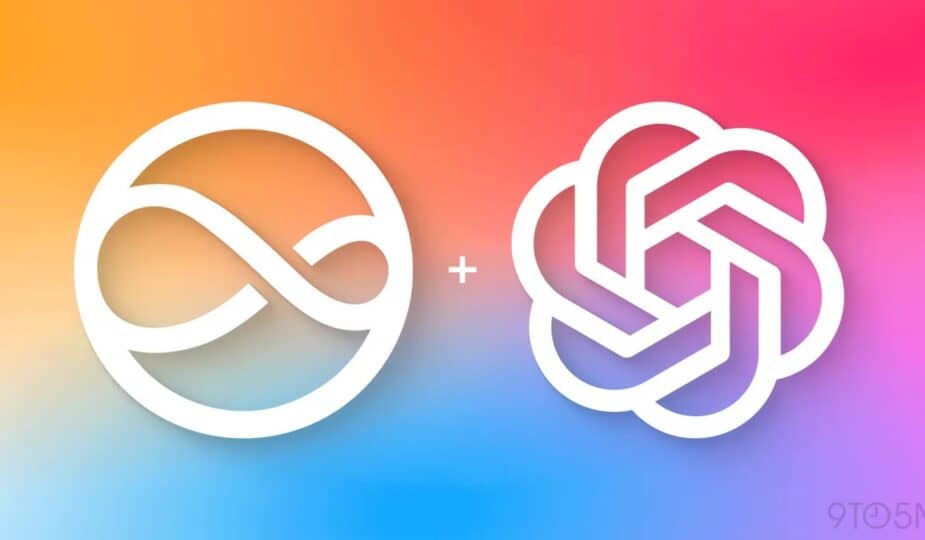
When the iPhone 16 lineup launched without most of its core AI features, there was a lot of criticism about Apple Intelligence delays. WSJ's Joanna Stern caught up with Apple software chief Craig Federighi to ask him to explain why the rollout has been so slow.
In addition to the Apple Intelligence feature timeline, Federighi also talks about what we can expect from a smarter Siri …
Why is Apple Intelligence delayed?
The executive said ChatGPT isn't a good basis for comparison because Apple isn't trying to replicate it.
We looked at this not as, how do we build another chatbot tacked on to our existing experience, but how do we build something that's deeply integrated? Most importantly, we think of it as personal.
Historically, much of the focus in chatbots has been on products that don't know you at all. They're powerful and interesting, and they have some fantastic applications, but I think the real power of intelligence in terms of how our customers will use our products is intelligence that understands you.
There is a lot of responsibility that comes with this, as it requires intelligence to monitor the information you store on your device, meaning privacy is a hugely important factor.
Federighi compared Apple's approach to on-device processing combined with private cloud computing to less secure chatbot servers.
He said that if you ask Apple Intelligence to give you a summary of a long document you've received, that requires more power than is available on the device, but Apple's approach is to use encrypted communication with a server built by the company that doesn't store any information once the task is complete.
He said Apple isn't trying to do everything in one day, but is thinking more in terms of a process that unfolds over not just years but decades.
Apple's view is more like, let's try to get each part right and release it when it's ready […]
When we think about the path for any of our features, but certainly Apple's intelligence, it's not a one-and-done situation, it's a multi-year — frankly, even decade-long — arc of development of this technology, and so we're going to do it responsibly.
What is the future of Siri?
When asked when Siri will finally live up to expectations and become a truly intelligent assistant, Federighi said there's no specific point at which you can say Siri's potential has been realized.
The journey never ends […] Our expectations for what it means to use our voice to communicate and ask for things, as humans, are virtually limitless.
The good news is that Siri is useful today […], but it’s only getting more and more useful because that power of Apple’s intelligence and big language models means Siri can understand you better than ever before, and will have access to more tools on your device to do more for you than ever before.
But will there ever come a point where we say Siri is now my, you know, smart friend? You know, no – it’s only going to get better and better.
[Smarter Siri] comes in waves. With Apple Intelligence, we built this foundation that understands personal context and the ability to take action. Siri is rolling out the technology in stages and will benefit from it in stages over the next year.
You can watch the interview below.
Image: Apple and 9to5Mac










